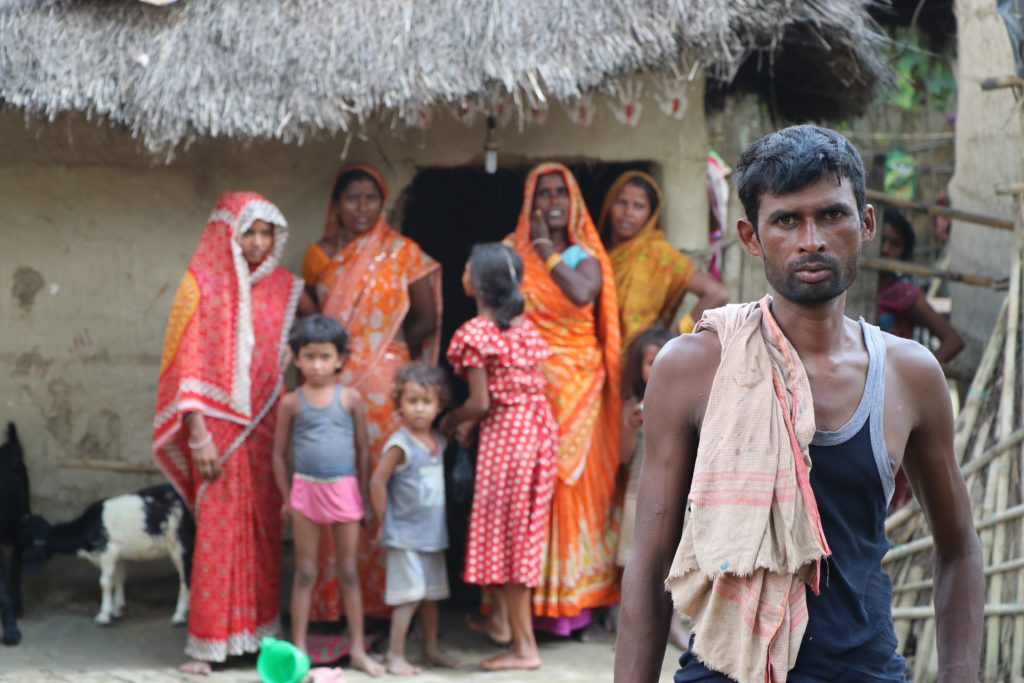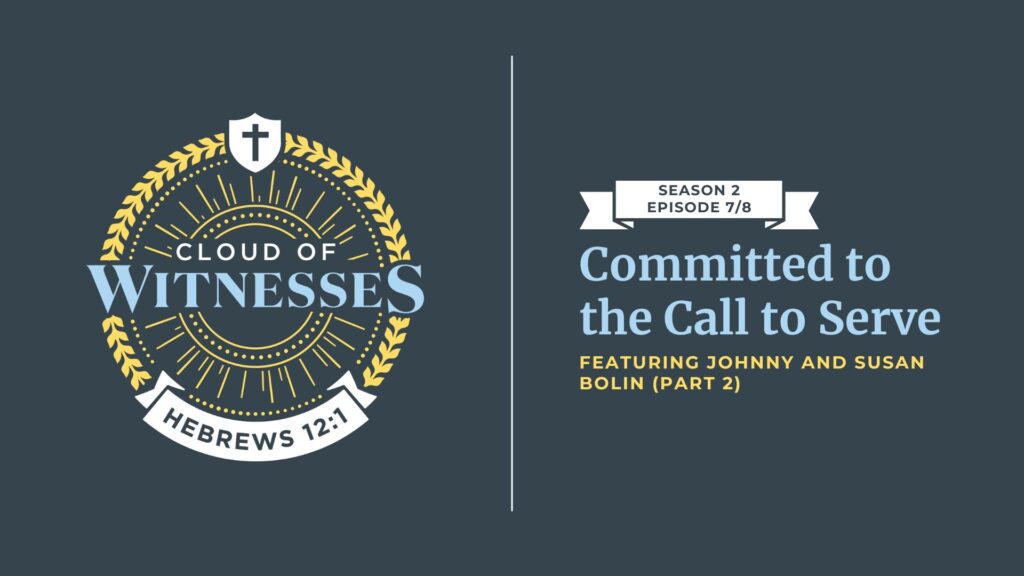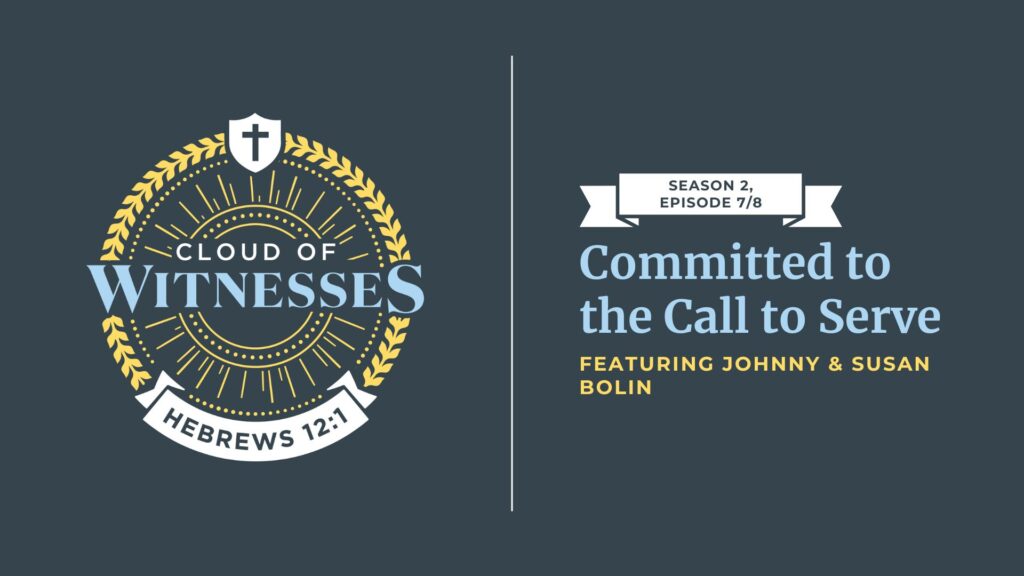I did not pursue missionary service through traditional avenues. I just did it. I jumped into the deep end of the pool and swam as hard as I could. After 18 years of service, I do not necessarily recommend my approach as the ideal path. It was simply the route God ordained for me.
Knowing I was inexperienced, I opened myself to learn. I asked as many questions as I could to as many missionaries as I could. These critical conversations instilled in me a deep delight in spending time with like-minded cross-cultural workers around the globe, a habit I have continued.
In these dialogues, I learned a certain approach to ministry. I do not recall who first taught me this approach or when exactly I learned it, though I know it was early on. I do remember learning it well—so well that I lived it out, and taught it to others for over a decade. I advocated passionately for this method with good intentions because of the critical gospel need in the darkest corners of the globe.
I was taught to lie.
It really is that simple. I was taught that lying is biblically justifiable within a certain missionary framework. I call this the Rahab approach.
In Joshua 2, Joshua sends two spies into Jericho on a reconnaissance mission in preparation for invasion. While the spies were still in the city, the King of Jericho found out.
Immediately, the King sent envoys to Rahab the prostitute, who knew their whereabouts. When questioned, Rahab lied, claiming the spies had left the city. In reality, they were well hidden in her home. And to an extent, her actions are fully justifiable and seen as an example of great faith (Hebrews 11:31).
Rahab’s lie was not about protecting herself but for the protection of the Israelite spies. If I were to be questioned by a government agent or some other individual seeking to cause harm to a missionary or Christian friend of mine, certainly I would lie to protect them— that is a no-brainer. Why? Because, like Rahab, I believe in doing my best to protect my brothers and sisters in Christ who are serving in difficult and dangerous places. But sadly, the Rahab approach has become used as more than merely a justifiable deception to protect life.
On our journey as missionaries, I believe we (myself included) have taken the Rahab approach too far and out of context, applying it to the overall security of missionary work. We lie about how and why we are entering the countries in which we serve. We have used the end of obtaining the easiest visas possible to justify the means, at all costs, including that of avoiding doing the very work our visas state we are there to do.
I have witnessed the opening of fake businesses in the name of spreading the gospel. I have advocated for staying on student visas as long as possible—10, 20, or more years— even long after having mastered the language. I have taught missionaries to live on tourist visas for as long as they can get approved. I did all this because I was taught and believed that spreading the gospel is so paramount that it is actually worth trading our integrity to present a false persona.
Platforms are often employed in an effort to gain legitimacy in a cross-cultural setting. While many platforms are legitimate and can be leveraged appropriately, there are some who use fictitious platforms—platforms that bring no value to the local community except to grant the missionary an entry visa.
I grieve my complicity in this trend of deceit. Fake platforms are inherently illegal, irresponsible, and un-Christian as they are unethical and a false witness.
Think about what I just wrote from a Western viewpoint. Imagine a Muslim entering your community. They register a business that they do nothing with and falsify government documents to obtain a visa by telling your government that they do business. Additionally, they enter your community and tell you they are there for business, yet all you see them do is go door-to-door teaching Islam. How would you respond? How would the Christians and churches in your community respond? I doubt we would respond favorably. Yet we often approve of Christian missionaries doing this very thing in Islamic and other restricted-access countries. We may have the truth in hand, but that does not give us the right to lie about our presence.
A few years ago, I was meeting with a pastor of a large evangelical church in the Bible belt. He told me that fake platforms had become a problem within the missions world and he was concerned. Yet while he was concerned, he admitted that he had been part of the problem.
Roughly 20 years prior, he had been invited to speak to a group of regional leaders for a large, U.S.-based evangelical missionary sending organization. He was tasked with convincing the leaders that fake platforms were necessary to get missionaries into restrictedaccess countries. He went on to tell me that this organization had spent millions of dollars on these platforms. The only fruit to show was the millions wasted.
These fake platforms can become a big problem for missionaries. Governments in countries like China and India are passing more stringent visa and tax laws at least partly in response to observing such practices. Police in such countries are increasingly looking closer at small businesses started by Westerners.
A missionary in Asia recently told me that the police told him they suspected his business was only a front for non-sanctioned activities, a violation to the law. Student visas in China are becoming increasingly more difficult to obtain. Why? Perhaps because too many missionaries and other expatriates have become career language students rather than simply studying for a few years so they can transition into work or another purpose that brings legitimacy. Student visas are not impossible to obtain, but the older you are and the more kids you have, the less likely you will be able to obtain one in China today. These are more than anecdotes—I believe they have resulted from direct observation during years of taking advantage of visa loopholes.
Wouldn’t we want our own home country and government to prevent people from entering under false pretenses? (So whatever you wish that others would do to you, do also to them. Matthew 7:12 ESV) Do we actually have the right to take advantage of loopholes— to live deceptively—just because we have the truth?
A final thought: having a legitimate presence doesn’t mean waltzing through a country’s front door, waving your missionary flag for all to see, but rather following the Lord’s leading which will not include sin.
We will need to be creative when we establish a presence of legitimacy based on how God has gifted us. This is especially true in restricted-access countries. We either need to find a legitimate option to enter legally and to stay long-term or not go, which I do not believe the latter is an option. God has gifted each one of us with skills to enter countries honestly. We must follow and trust the Lord at all times, asking for His wisdom and Spirit to lead us as we discover how our skills fit into the environment God has led us to live within.
A lack of wisdom risks the effectiveness and integrity of the Gospel not to mention being arrested, expulsion and/or death. It also puts those you are discipling and trying to reach at risk. But we as the global body of Christ must encourage each other towards more transparency in the sending of missionaries to restricted-access countries, because we of all people are responsible to live above reproach. Thankfully, many do. But tragically many do not.
Editor’s Note: This is an excerpt from Steve Schirmer’s book Legitimacy in Missions Matters. Used with permission.





